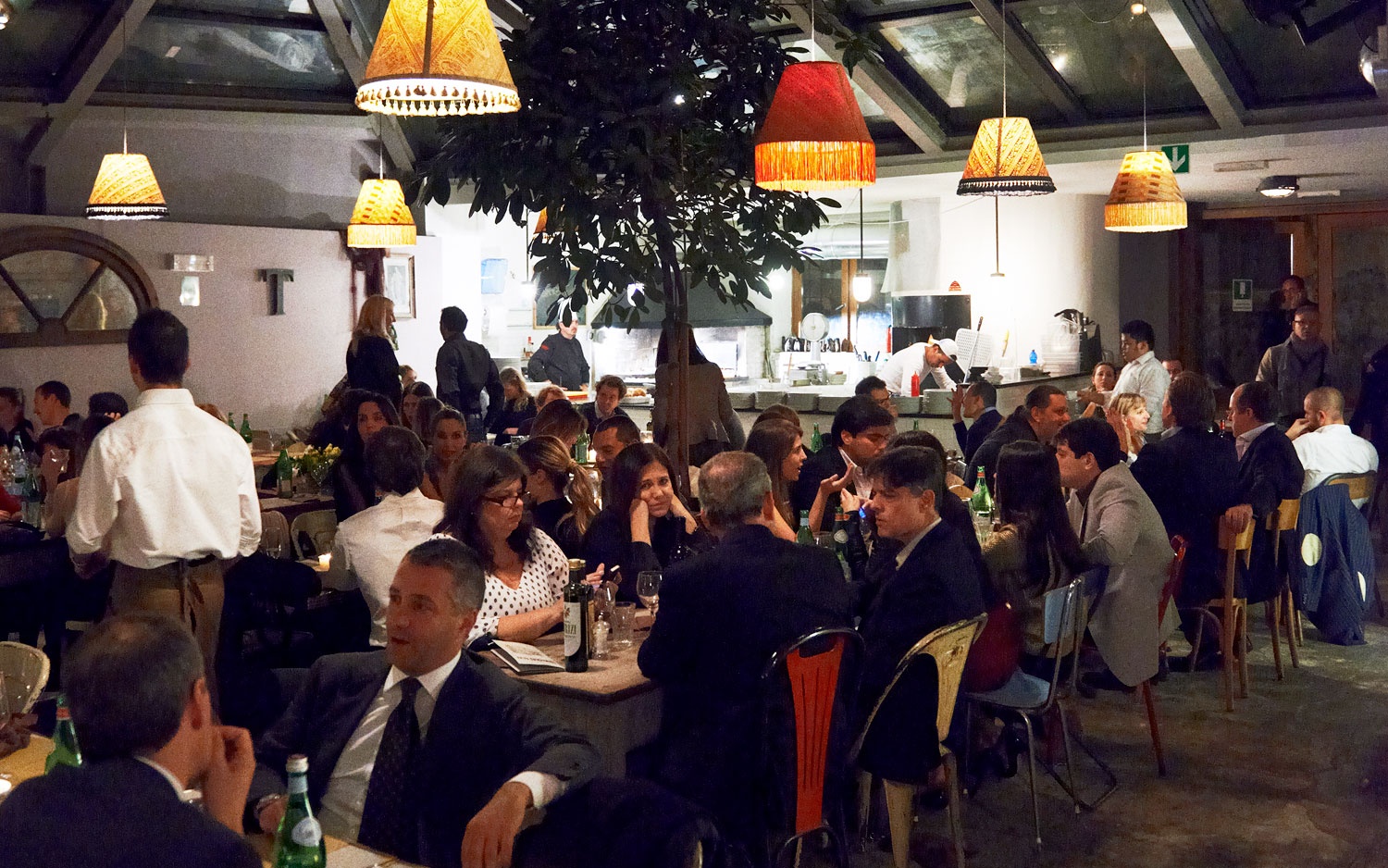The UK’s retail sales unexpectedly dipped month over month in May as consumers forgo shopping to dine in restaurants, although the figures remained above the pre-COVID-19 levels, the Office for National Statistics said Friday.
Headline retail sales fell 1.4% in May on a monthly basis, while core retail sales, which exclude automotive fuel, dropped 2.1%. The declines were in sharp contrast with the 9.2% and 9.1% increases, respectively, observed in April. The latest figures also missed the market expected 1.6% rise in headline retail sales and 1.5% growth for core retail sales.
On an annual basis, headline and core retail sales climbed 24.6% and 21.7%, respectively, slower than the 42.4% and 37.7% increases seen a month earlier. The figures also fell short of the expected 29% and 27.3% growth, respectively.
With pubs, restaurants and cafes open to serve indoors, food retailers took the biggest hit as their sales tumbled 5.7% during the month. “Anecdotal evidence suggests the easing of hospitality restrictions had had an impact on sales as people returned to eating and drinking at locations such as restaurants and bars,” the ONS said.
Meanwhile, the rise in mobility resulted in the recovery of fuel sales, increasing by 6.2% in May on a monthly basis. The figure, however, is 4.3% lower than February last year, when the impacts of COVID-19 were yet to be felt.
ONS economic statistics director Darren Morgan highlighted that retail sales in May remained 9.1% higher than the pre-pandemic levels, with the average level of sales for the second quarter’s first two months still up 7.7% from March, before shops were allowed to reopen as part of easing COVID-19 restrictions.
ING also considered the British retail sales as “solid” despite the disappointing May figures. As the pace of vaccination picks up, consumer confidence is expected to surge and people are set to resume spending their pent-up savings, offering a boost for retailers in the coming months.
Nonetheless, ING cautioned that retailers will face the challenge of keeping the level of spending as consumers will begin paying for services that were previously affected by pandemic-related closures.
